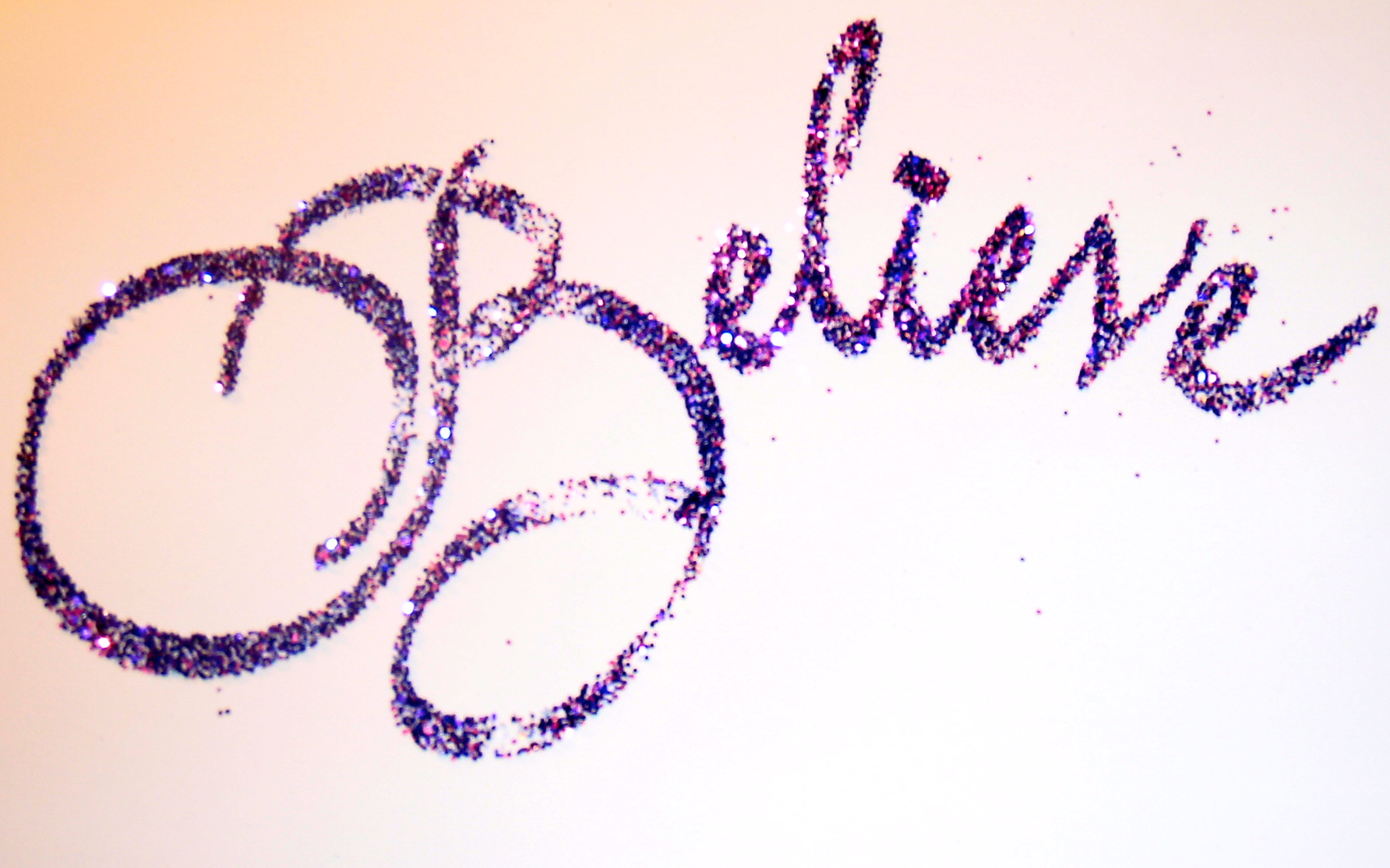
$5 word: Octothorpe – $0.50 word: Hash as in # $10 word: Umbriferous – $0.50 word: Shady $5 word: Adscititious – $0.50 word: Additional $5 word: Discombobulate – $0.50 word: Confuse $10 word: Brobdingnagian – $0.50 word: Huge $10 word: Boondoggle – $0.50 word: Wasteful $5 word: Quintessential – $0.50 word: Typical Here are some examples for you of my favorite five and ten-dollar words with a fifty-cent equivalent. Mark Twain gave wise advice. “Don’t use a five-dollar word when a fifty-cent word will do.” To suddenly change the voice of a character or the narrator is very disconcerting for a reader.Ĭonsistency and not trying to sound smart are the keys to good writing. Long words such as superfluous and incomprehensible are extremely common.īut short words like mien, cavil, or descry belong to an overly formal writing style or voice. It is not the length or type of word that matters. Similarly, if you are writing fiction using the third person omniscient point of view, you need to maintain a consistency of style in your narrative. If your protagonist is a politician and wants to sound intellectual, then the twenty-dollar word perfidiousness might easily be one that you could use.īut if your main character is a down-and-out alcoholic detective, he would probably use more common words like bogus or shifty. When you are writing dialogue, make sure the vocabulary you choose suits the character. When you look for a word in a thesaurus, always check for formal and informal uses. It is in the context of use that a writer needs to be cautious. A little seasoning goes a long way, but too much spoils the meal. I would use work together, collaborate, network, link up, or hook up far more often.
Fancy word writer how to#
Not because it is a lengthy word, but because I know how to spell it.īut how often would I use the word? Perhaps once or twice a year. Wordfinder, wordbook, synonym dictionary/lexicon rare synonymy.īy whatever name, a thesaurus is a writer’s best friend. Use them at the right time and for the right reason. You don’t need to write with a fear of long words. If you want to be sesquipedalian, that fine.

It is when and how you use words that can disrupt the flow of your text. There is no need to dumb down your writing, thinking that readers might have a specific phobia for long words. It is not that big words of more than three syllables confuse readers. But maybe the words powerful and expensive might collocate better. Yes, a Ferrari is singularly puissant, splendiferous, and pricey. When using two or more adjectives, the pairing or collocation of words can come unstuck when using unusual word combinations. Words such as menacing, threatening, ominous, forbidding, baleful, frightening, eerie, alarming, disturbing, disquieting, dark, and black offer plenty of choices to say the same thing. Used once is fun, but twice or three times becomes boring.
The definition of the word means weird and sinister or ghostly and perhaps derives from the word elf.īut when it is used too often, it loses its punch. The word eldritch became popular with paranormal writers. When your job is to say as little as possible for an extended period of time, using long, big words that no one knows is the perfect way to achieve a positive result. In spoken English, politicians, in particular, love using as many long words as they possibly can. For a descriptive narrative, using the words nice, pretty, and lovely will not make for an exciting read.īut in an article or blog post, keeping things simple is excellent writing.


 0 kommentar(er)
0 kommentar(er)
